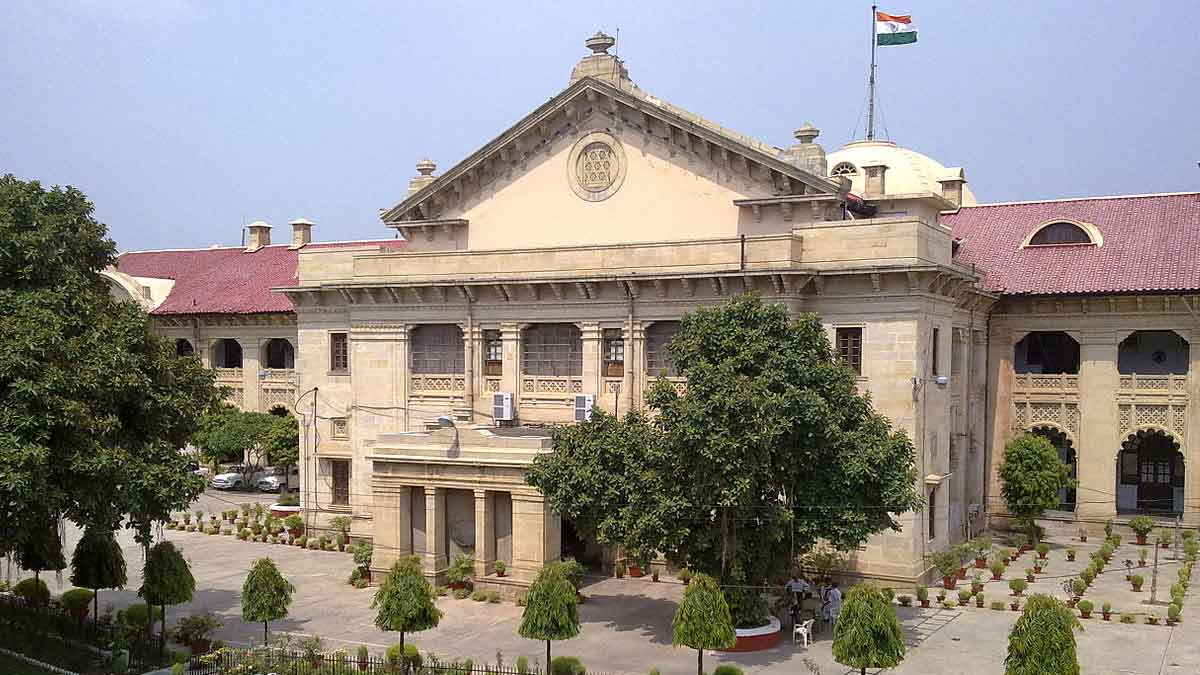
The Allahabad High Court has ruled that an unmarried daughter is entitled to maintenance under the Protection of Women from Domestic Violence Act, 2005, without regard to her religion or age, provided she qualifies as an aggrieved person as defined in section 2 (a) of the act. The court emphasised that individuals seeking only maintenance can explore remedies available under alternative legal provisions.
Rejecting a plea submitted by Naimullah Sheikh and another, Justice Jyotsna Sharma ruled that there is no doubt that an unmarried daughter, regardless of her religious affiliation, Hindu or Muslim, possesses the entitlement to receive maintenance, regardless of her age. The judgement further stated, “When the matter concerns the right to maintenance alone, the courts should explore alternative applicable laws. However, in cases where the matter goes beyond mere maintenance, the aggrieved party retains independent rights under Section 20 of the Domestic Violence Act."

The petition in question was filed by the parents of three daughters under the Protection of Women from Domestic Violence (DV) Act, 2005, contesting the order that granted maintenance to the daughters.
The three daughters initiated a case seeking maintenance under the DV Act, alleging mistreatment by their father and stepmother. The trial court granted interim maintenance, a decision challenged by the respondents, who argued that the daughters were adults and financially self-sufficient.
The petitioners argue that the lower court didn't consider that their father is old, unwell, and without income. They claim that he has been supporting the respondents and that the application for maintenance was influenced by their maternal uncle. The petitioners highlight that, since their mother's death, the daughters have lived with their father, whose expenses they contend are covered by him. Moreover, they stress that since the daughters are adults, they shouldn't be eligible for maintenance. The appellate court upheld the trial court's ruling.
In its decision dated January 10, the court dismissed the petitioner's contention that adult daughters cannot claim maintenance. It stressed that the DV Act is designed to offer more effective protection to women (safety rights of women.)

Furthermore, the court emphasised that while the substantive right to receive maintenance may arise from other laws, the DV Act, 2005, provides a quicker and more straightforward procedure to obtain the same.
Siddharth Chandrashekhar, Advocate & Counsel at the Bombay High Court, Mumbai said, “A victim here is a woman who had lived in a shared household and one who has been the victim of physical, mental, emotional or even economic 'violence'. This is indeed a very progressive step forward by the Court, and will provide a beacon of hope to a lot of women especially those from economically backward, rural areas, or in general women who have been oppressed.”
Don't Miss: Lack Of Justice For Women: Figuring Out The Catalyst Behind India's Flawed Justice System
The Domestic Violence Act allows the court to order financial help to those who have suffered harm or incurred expenses due to domestic violence. This is to ensure that individuals facing such situations receive the necessary support and compensation to address the consequences of domestic violence.
Keep reading Herzindagi for more such updates.
Also watch this video
Herzindagi video
Our aim is to provide accurate, safe and expert verified information through our articles and social media handles. The remedies, advice and tips mentioned here are for general information only. Please consult your expert before trying any kind of health, beauty, life hacks or astrology related tips. For any feedback or complaint, contact us at [email protected].